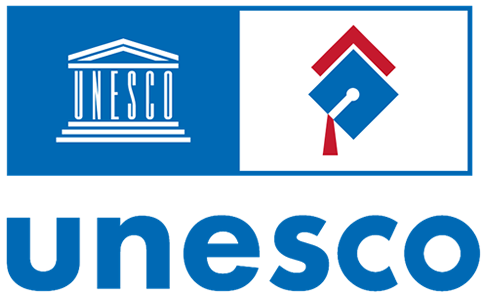The struggles of the indigenous and Afro-descendant Peoples of Latin America in Higher Education.
Abstract
In the middle of the last century, the Indigenous and Afro-descendant Peoples of Latin America gave impetus to a renewed process of struggles with the objective of confronting the profound inequalities and inequities that they face as social groups. These struggles question the monocultural and homogenizing character of contemporary National States and their institutions as a whole, demanding a change towards an intercultural approach that respects, recognizes and participates in the different worldviews, knowledge, practices, languages and territorialities that make up the map. political partner of these states.
The article contextualizes in a very general way the impact that these struggles are having in Higher Education in Latin America with the aim of describing the most significant advances as well as the main dilemmas and challenges identified in the progress of the various experiences and spaces generated in, from and between universities, Higher Education Institutes (IES) and indigenous and Afro-descendant communities and groups to meet demands for access and participation of these peoples. Likewise, it seeks to outline central aspects that express the need to advance with intercultural training at this level of education.
Copyright (c) 2021 Gloria Mancinelli

This work is licensed under a Creative Commons Attribution-NonCommercial 4.0 International License.
Copyright notice
Copyright allows the protection of original material, and curbs the use of others' work without permission. UNESCO IESALC adheres to Creative Commons licenses in the open access publication of ESS. Specifically, texts published in this journal are subject to a Creative Commons Attribution-NonCommercial 4.0 International (CC BY-NC 4.0) license: ESS is an open access journal, which means that all content is freely available to the user or their institution. Users may read, download, copy, distribute, print, search or link to the full text of the articles, or use them for any other lawful purpose, without asking prior permission from the publisher or the author, always making sure to cite the author. Commercial use is not permitted. ESS requires authors to accept the Copyright Notice as part of the submission process. Authors retain all rights.
The full license can be found at https://creativecommons.org/licenses/by-nc/4.0/
 Attribution - NonCommercial (CC BY-NC 4.0)
Attribution - NonCommercial (CC BY-NC 4.0)
This journal does not charge authors for the submission or processing of articles. The authors of the contributions will receive acknowledgment of receipt that the work has reached the Editorial Team of the Journal.




.png)
